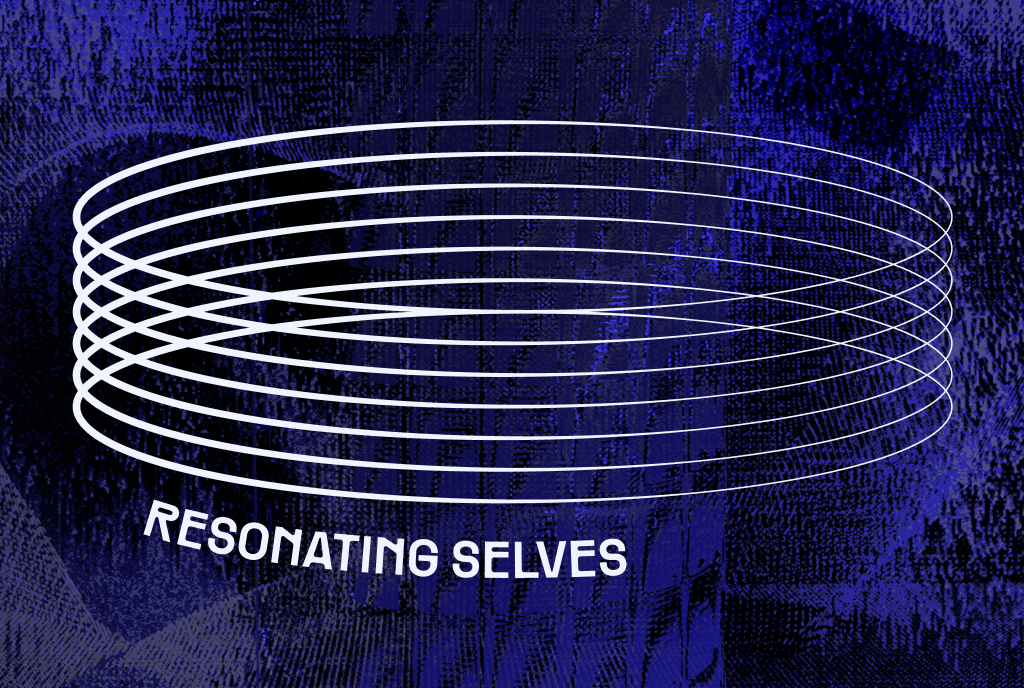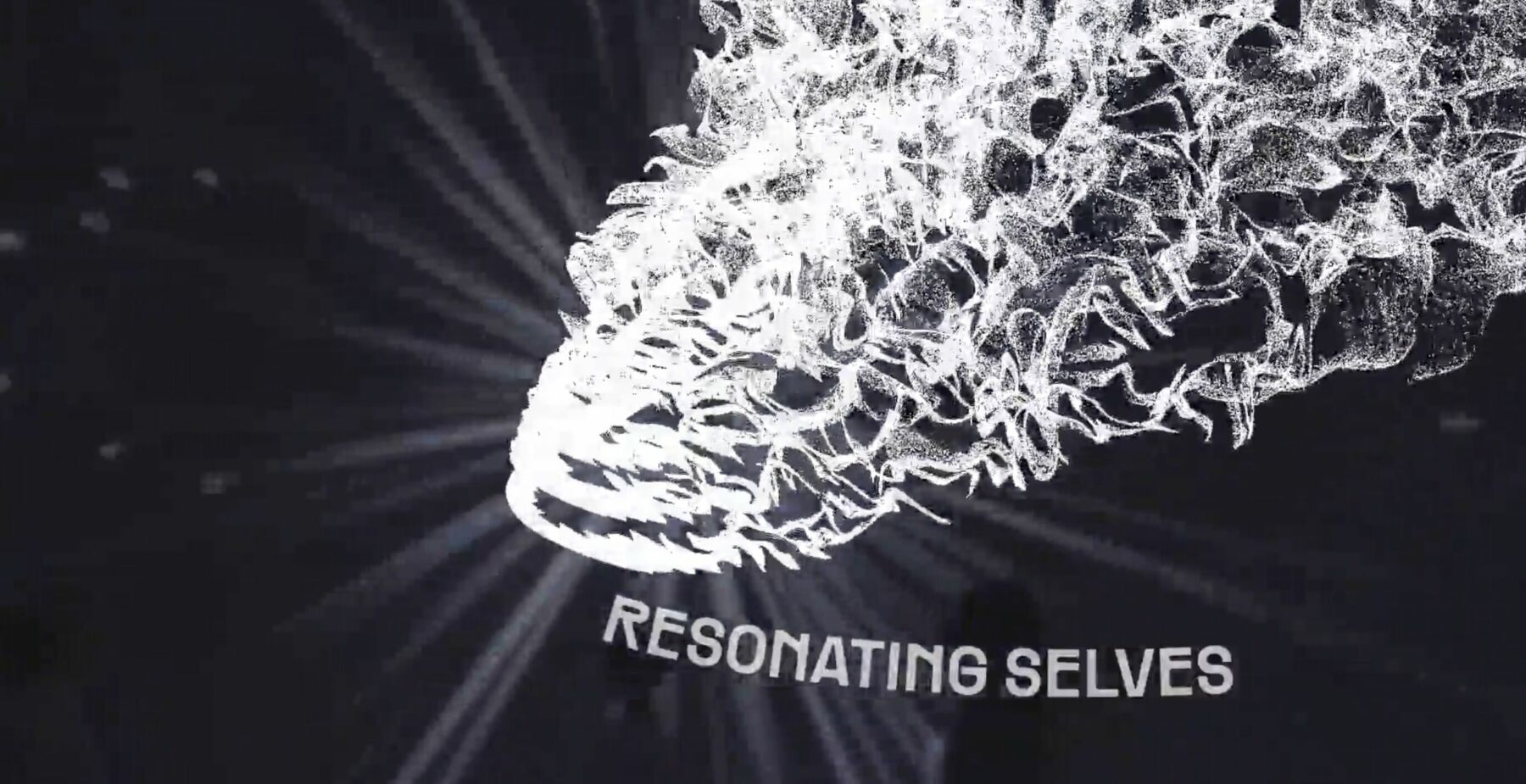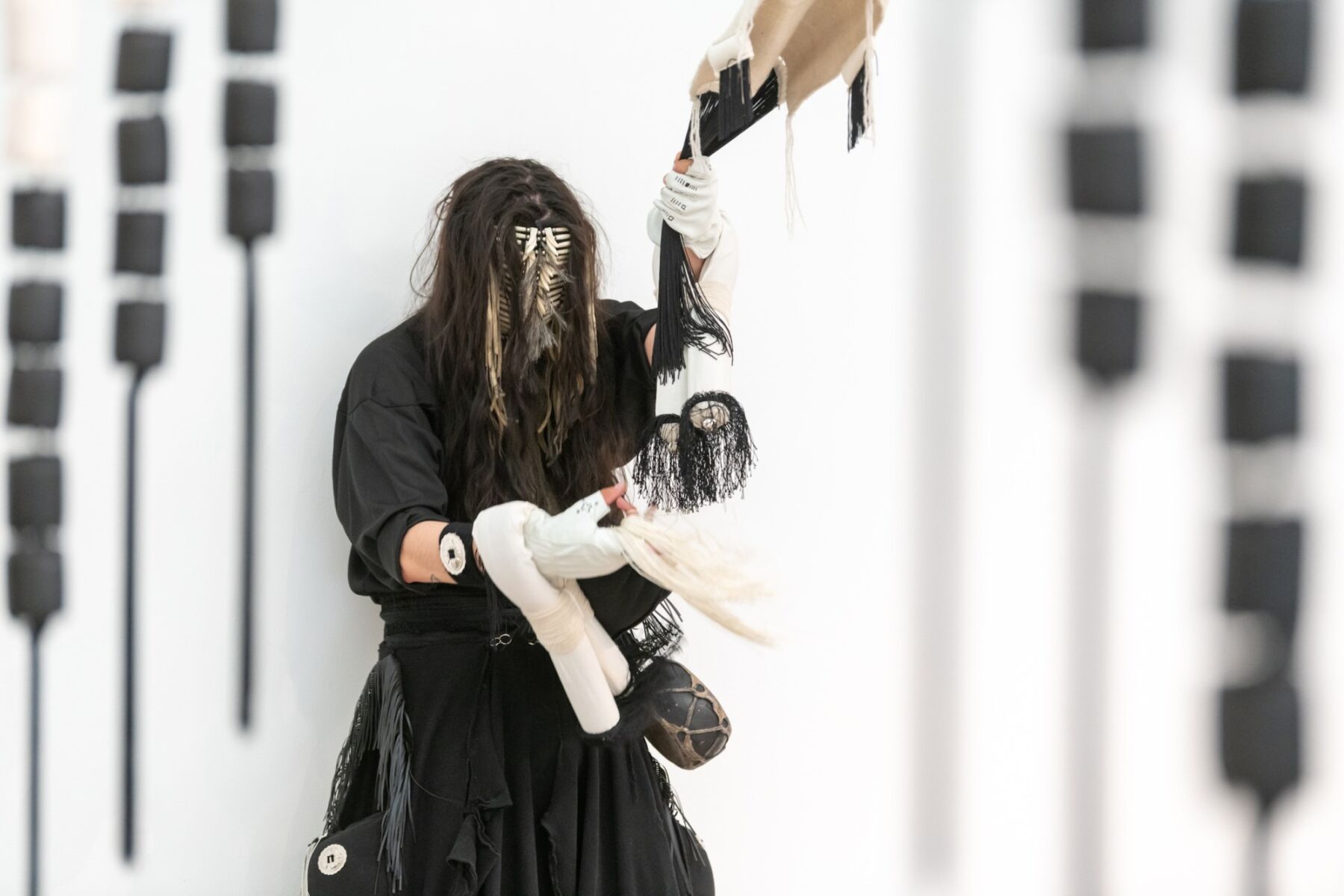Text by Manuela Naveau

In computers, the “mathematical objectification” (…) never transforms back into a life-world sense, but at best, into contemplation or life of a second degree: scientific visualization, artificial life. Universally programmable computers are so cut off from human experience that there is a danger that they would program their users as well.
Friedrich Kittler [1]
Friedrich Kittler (1943 – 2011), recognized as one of the most inspiring media theorists, questioned technology and its power structures on contemporary culture. This quote – partly translated from German to English here – comes from his “Istanbul Lecture” from 1989 [2], in which he argues that computing systems should be regarded as autonomous, in the sense that they are already so far removed from our bodies and us that they act as independent systems in our world and as such have an influence on us. Furthermore, we already know and have debated intensively how, for example, social media, with its inherent algorithms that come as bots or filter systems, have transformed our way of behaving and have intrinsically influenced how we think.
With the so-called AI technology, we are in the middle of an understanding of being already programmed, as Kittler cynically contemplates. He even states that we have to get nearer to these systems. We have to dive into the algorithms, models, and machines and understand their language and logic in order to control their impact on us as humans and our handling as a society.
This is exactly what we at Interface Cultures at the University of Arts in Linz want to do. With all our lectures, we go deep into technological questions that we as a society are confronted with, develop technically mediated works of art, and immerse ourselves in the digital realm. Lectures and courses provide the ground, inspire their imagination and encourage our students to reach their creative and expressive potential. I will give the example of Critical Data, a class I give in the winter and summer semesters.
Critical Data is the artistic research on data and data processing systems through various theoretical and practical frameworks, including the analysis of the same technically, ethically, politically/economically, and temporally/spatially with a focus on discrimination or disadvantage-critical issues. Based on theoretical research and discussions in the winter semester, the students develop artistic prototypes in the summer semester and research the topics that they have chosen. Practical and theoretical development exist next to each other, and the art-based research works are presented and tested within interdisciplinary exhibition settings.
One of our partners is the University of Luxembourg (Faculty of Science, Technology, and Medicine). Together with doctoral students and professors from the Department of Computer Science, we reflect, argue and place technological developments and thoughts about their impact on our society at the centre of the debate. In addition to presenting artistic prototypes, the students have to develop art-based research posters that accompany the artworks in process and provide another level of reading and understanding of the arts-based research.
But going back to Kittler: When we talk about Critical Data in the context of an art university, his quote cited above is one of the statements that guide our thoughts. We approach the digital world as artists and creative technologists who see the digital realm as having great value for the study, critical mediation and use of data, data processing systems and related knowledge.
We are convinced that artists not only can make visible how systems in the digital realm work, but also how they do not. By going into the code, analysing and developing artistic works at the intersection of digital art, big/small/thick/thin/real/unreal… data and machine learning alongside ethics, philosophy and political/social commitments, we critically investigate the place society and its environment can take. Critical Data questions the handling of technology and explores artistic worlds in the digital cosmos operating between promise, manipulation, and conspiracy.
Last summer semester, the Critical Data students developed the exhibition The Quantified Perspectives: Rethinking Data Narratives @ Computational Creativity Hub at the University of Luxembourg [3]. The themes the young artists raised with their works addressed mainly the ways of (self-)perception and narration through data and data processing systems. They wanted to critically understand how data is categorized, formed, processed, and created.
The students examined how data defines us and our identities. For example, they asked how diversity in society can be addressed through data, how issues of gender are cemented via data, and how to unlearn gender binaries through AI. They also discussed missing data in datasets and elaborated on how the status of the in-between can be visualized in datasets and how this contributes to quality issues in data.
In addition to the topic of social memory, they speculated about how memorization might be affected by artificial intelligence (AI) in the future and, above all, how value can be created by seeing the invisible through the lens of AI. The participating students traced the different voices and worlds at the intersection of art and technology in a speculative way and questioned forms of perception.
The students’ engagement with the topic began around three months before the presentation of the work in progress, including the research poster. This means that the presentation in Luxembourg functioned as a kind of initial evaluation of the research results. The presentation at the university in Luxembourg and the feedback discussions with experts also inspired the students to continue working on their prototypes.
Thus, the discussions surrounding the works function, on the one hand, as nourishment for further examination of their own work and, on the other hand, are intended to create initial contacts with experts and professionals in a field that is not necessarily inherent to the art sector. The transdisciplinary approach should subsequently offer students the opportunity to form their own networks and to develop them further.
The networking idea is only one of the reasons for the presentation of the further developed works at the Ars Electronica Festival. In September 2023, the students from the Interface Cultures department participated with Resonating Selves at the Ars Electronica Festival. More than 33 student artists and collaborators contributed with their thoughts and works.
Finally, the exhibition questioned how our identities resonate and interact with the world around us and how the self is constructed through technological advancements. The students seemed to work further on the topics they already touched base with during the last summer semester.
Summing up, the exhibition acted as a catalyst for self-reflection and encouraged dialogue about ways of perceiving our bodies in an increasingly mediatized and networked world. It told the stories that needed to be told by young artists, who had to find a place in this world and be able to act after taking a critical look at themselves and their immediate surroundings.
Each project presented in this exhibition pushed the boundaries of our perception and invited the viewer to critically examine the dynamic relationship between human subjectivity and the objective reality we seek to comprehend.
From interactive installations to immersive experiences, each artwork was an invitation to the visitors and confronted them with personal truths and collective narratives on the topic of identity. However, the question of the self in relation to the human or the non-human other had different faces, which will be summarized by some observations that will follow in Part II of this essay.






